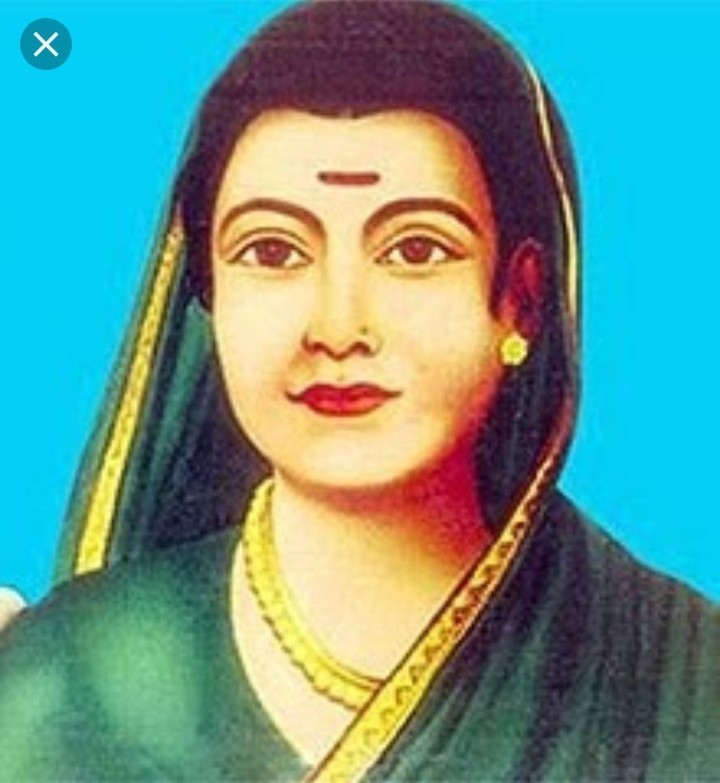1850 - 1910
Date Added:
Edited

Tarabai Shinde was born in 1850 at Buldhana, Berar Province, in present-day Maharashtra. She was known as a feminist activist and writer. She was also one of the founding members of the Satyashodhak Samaj, a social reform society whose goals were to educate, increase social rights and political access for the underprivileged. Her father was a radical and head clerk in the office of Deputy Commissioner of Revenues. He was also a publisher who taught his only daughter Marathi, Sanskirt and English. Her father was home schooling her because there were no girl schools in the area. Tarabai had four brothers and she married quite young. During her marriage she had more freedom than most Maharati wives due to her husband moving into her parent’s home. When Tarabai was in Satyashodak Samaj, she learned and shared information about the oppression based on gender and the caste system. She was associated with social activists, Jotirao and Savitribai Phule, and together they would discuss the issue and triy to make changes. As a publisher she wrote, “Stripurush Tulana” which translates to “A Comparison Between Women and Men”. It was her most famous work and is considered one of the first modern Indian feminist textse. It was publisdh in Marathi in 1882. The basis of the article was to critique the upper-caste patriarchy and how it challenges the Hindu religious scriptures. The essay explained about the social inequality of the caste system and the favoritism of men in Hindu society. Her work was coincidentally time sensitive as the country had more intellectuals and activists concerned about the hardships of a Hindu widow’s life and other identifiable atrocities toward women. Her paper was a response to an article in 1881 from Pune Vaibhav about a criminal case against a young Brahmin widow who was in the upper caste. The widower was convicted of murdering her illegitimate son due to her fear of public disgrace and ostracism. She was judged to be hanged but later changed to transportation for life. Tarabai was well aware that these widows cannot remarry and would likely end up being impregnated by relatives. She mentions that due to the circumstances, it was like a fine line between a good woman and a prostitute. After her published work she was not allowed to publish again due to the hostilities from the press and society. Tarabai was an inspiration to me as she was one of the few modern woman who tried to change the Hindu culture by speaking up about the oppression of underprivileged people, mostly women and how the caste system favors men. She and the organization tried to educate their people to see that the old system and culture needs modernization. She wanted equality for all and sadly the people with power suppressed her from publishing after her article. On the bright side, her work was republished later in the future and is still credible and a piece of history. The world has shown change and hopefully it will continue to grow for the better.
Share your thoughts on this story with us. Your comments will not be made public.
Email
Copyright ©2016 - Design By Bureau Blank